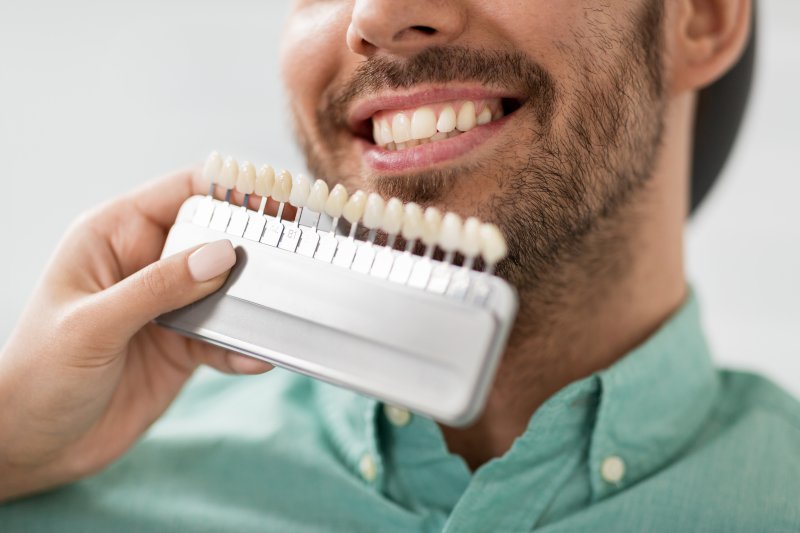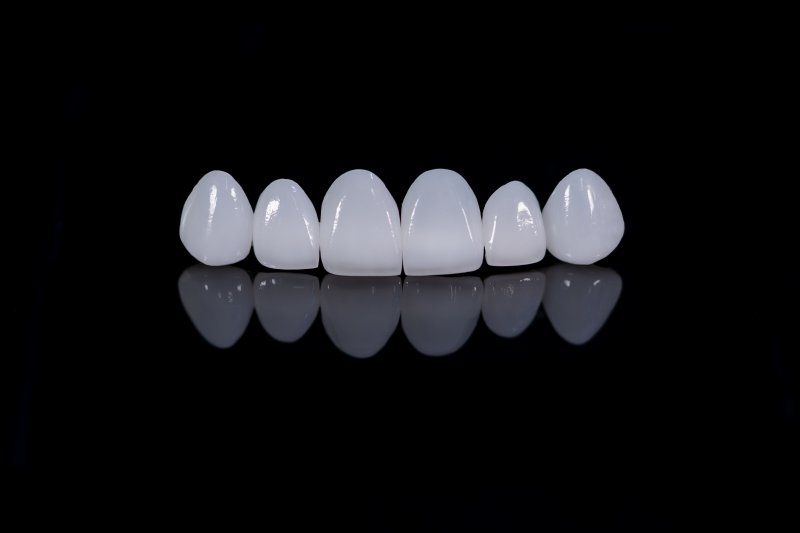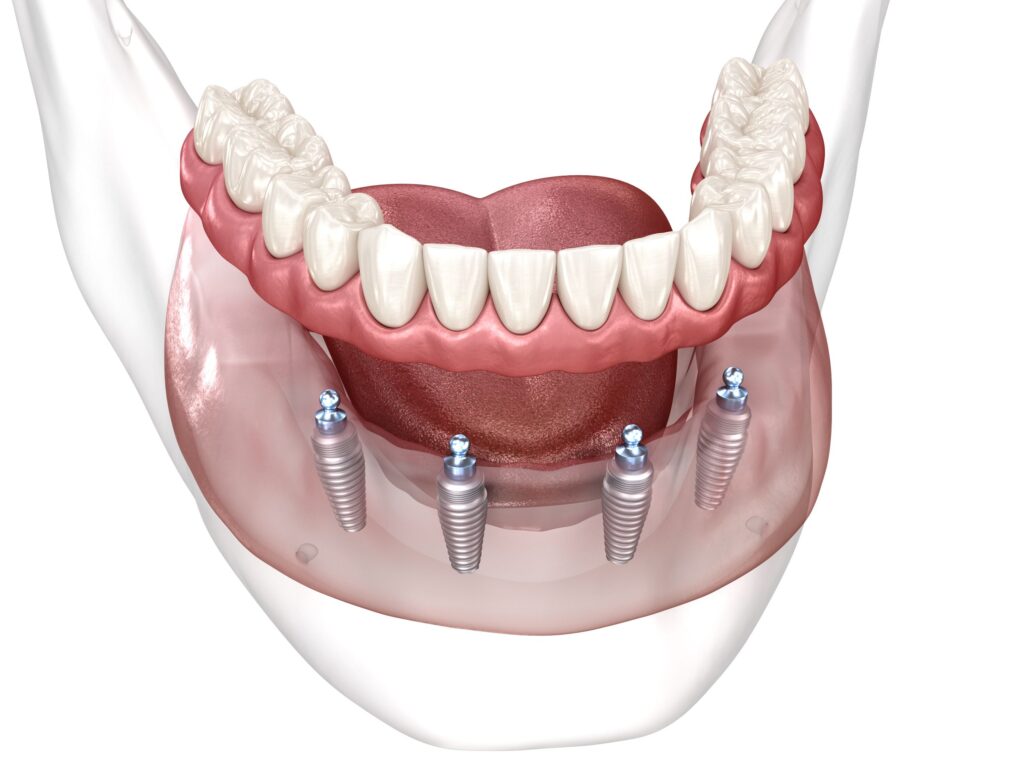
“I’m excited to welcome Dr. Paul Renner to Elmbrook Family Dental. His compassion and commitment to dental excellence make him a perfect fit for our team. He brings a wealth of experience and advanced education which help ensure that every patient is getting the best possible treatment each and every time.” –Dr. Eric Taibl
While we hope you’ll have plenty of time to get to know Dr. Renner in the near future, you can quickly learn a little more about him by reading below. We know you’ll be just as excited as we are after you do!
(more…)








